When it comes to selling your home, real estate agents may smile politely—but they’re often biting their tongues. From cosmetic quirks to pricing pitfalls, seasoned agents notice things they don’t always share directly with sellers. While their job is to get your home sold, they’ve seen enough listings to know what buyers will really think. Here are the unspoken truths many agents keep to themselves.
1. Your Price Is Way Too High

According to Zillow, one of the biggest mistakes sellers make is overpricing their homes based on emotion, not market data. Agents may nod when you list your number, but they know buyers will balk—and the longer a home sits unsold, the more buyers assume something’s wrong. Rather than argue, agents often try to “let the market speak” and circle back once reality sets in.
Pricing too high can also sabotage a strong debut. Most listings get their best exposure in the first two weeks. If you miss that window, your property risks becoming stale. Agents know this but may avoid confrontation upfront.
2. That Remodel Didn’t Add Value
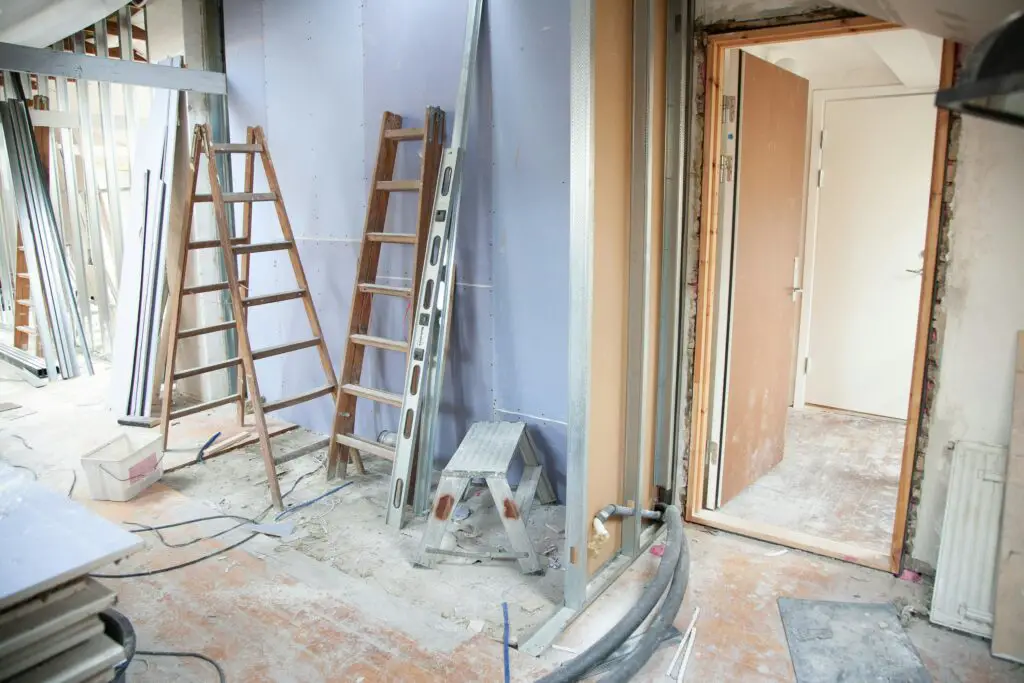
HGTV warns that many home renovations don’t yield a return on investment, and real estate agents know which ones those are. While you may love your chef’s kitchen or converted garage, buyers might see them as unnecessary or even inconvenient. Agents often avoid insulting your taste but quietly factor those changes into pricing strategy.
Personalized upgrades—like media rooms, bold tile, or luxury showers—can turn off buyers who would prefer to spend that money elsewhere. Agents smile and show enthusiasm, but they know not all updates are created equal.
3. Your House Smells—and Buyers Will Notice

According to Realtor.com, agents are highly attuned to odors, especially from pets, smoke, or mildew. You might be used to the scent of your home, but new visitors notice it instantly. Agents won’t always tell you directly for fear of offending, but they’ll light candles, crack windows, or bake cookies during showings for a reason.
A lingering odor can tank a buyer’s impression, even if the house checks all other boxes. Some smells sink into carpet or walls, requiring more than surface cleaning. It’s a tough conversation many agents dodge.
4. You Need to Declutter—A Lot
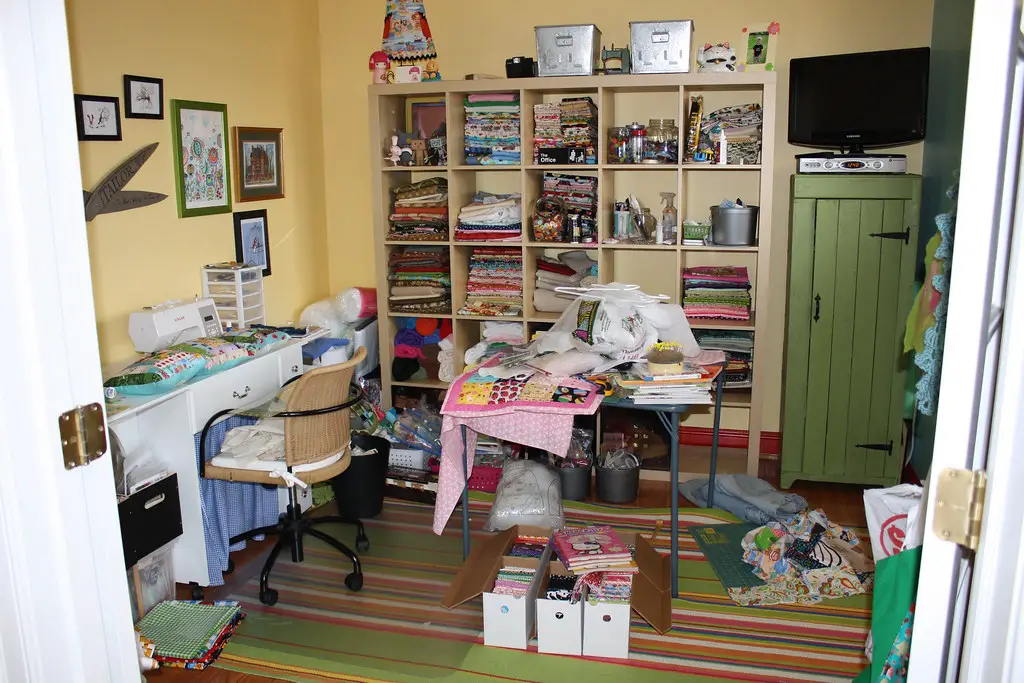
As noted by The National Association of Realtors, clutter is one of the most common turn-offs for prospective buyers. While agents often suggest “tidying up,” what they really mean is: remove half your stuff. Personal items, busy shelves, and crowded rooms distract buyers from seeing the space itself. Agents know this but rarely push harder than a gentle nudge.
They may bring in a stager or offer neutral feedback like “it’s a bit cozy” when what they mean is “buyers can’t see past your collections.” It’s a sensitive subject, so many choose to tread lightly.
5. Your Furniture Layout Doesn’t Work
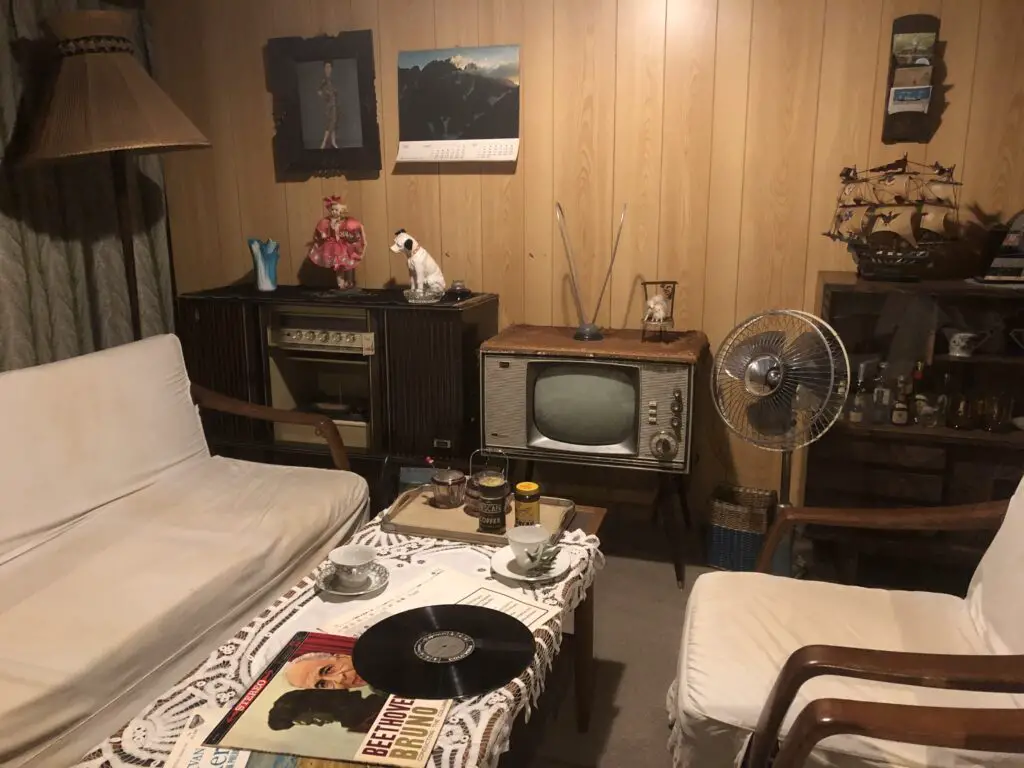
Agents will often compliment your furniture, but what they’re thinking is that your arrangement shrinks the room. Oversized sectionals or too many chairs make rooms feel cramped, even if they’re spacious. Buyers want to imagine their own furniture in the space, and that’s hard to do when every inch is taken.
An agent may suggest removing “a few pieces to open up the flow,” hoping you’ll take the hint. Their main concern is maximizing square footage and natural light, not preserving your style choices.
6. Your Pet Is a Problem

Agents know that pets, while lovable, often complicate the selling process. From hair on the furniture to barking during showings, animals can be a major distraction. But rather than suggest your dog take a vacation, agents may simply ask you to remove the pet for appointments—without saying why.
Some buyers have allergies, others are afraid, and many just don’t like the idea of a “pet house.” An agent won’t insult your furry friend, but they’re silently hoping Fido isn’t home during the open house.
7. Your Curb Appeal Is Lacking

Agents understand that first impressions matter, and the exterior of your home sets the tone. If your lawn is patchy or your porch looks tired, it affects how buyers feel before they step inside. But instead of saying it looks bad, agents might suggest “adding a few flowers” or “power washing for photos.”
They’re trying to be diplomatic, but they’re really thinking the exterior is costing you showings. Buyers often scroll past listings if the thumbnail doesn’t pop—something agents know too well.
8. Your Home Is Too Personalized

Your gallery wall of family photos, themed bedrooms, and custom paint colors might make the home feel uniquely yours—but that’s the problem. Buyers want to imagine their own lives in the space. Agents rarely tell you outright, but they’re silently hoping you’ll tone it all down before listing.
They might suggest “neutralizing” the space or using phrases like “light staging.” Behind the scenes, they know buyers struggle to look past bright walls and quirky decor.
9. That Fancy Feature Isn’t a Selling Point

You may love your built-in aquarium, indoor fountain, or spiral staircase, but agents know many buyers will see those as liabilities. Unique features often appeal to a niche market and can turn off more buyers than they attract. Your agent may compliment the “character” while quietly adjusting expectations.
They’ll likely focus on the basics—kitchen, bathrooms, and square footage—rather than your one-of-a-kind upgrades. If it’s not broadly appealing, it probably won’t help your sale.
10. You’re Hovering Too Much

Agents prefer to conduct showings alone with buyers. When sellers stick around, it makes buyers uncomfortable and less likely to explore freely. Your agent might say it’s “best if you step out,” but what they really mean is “please don’t follow people around pointing things out.”
Even casual presence can make a showing feel pressured. Buyers need to relax and linger, which rarely happens when the owner is nearby. Your absence can be a big selling advantage.
11. The Photos Don’t Do You Any Favors
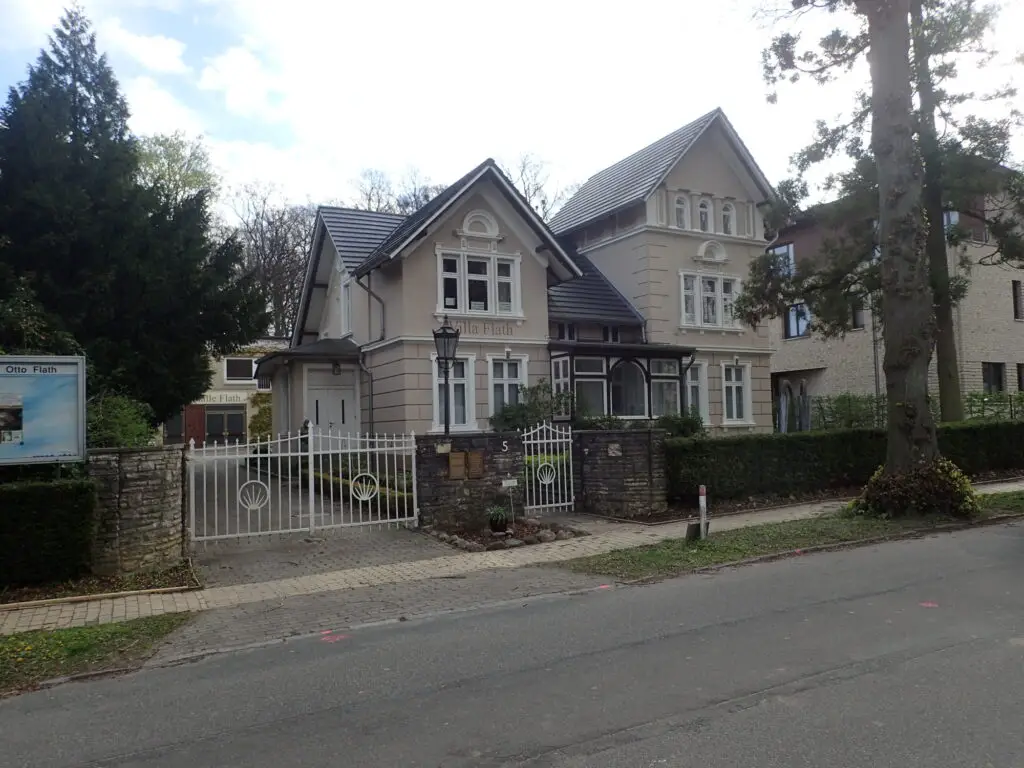
You may love the snapshots you took on your phone, but agents know that poor photos can sabotage an otherwise great listing. They won’t always say “your pictures are terrible,” but they’ll insist on using a pro photographer for good reason. Buyers often decide whether to tour a home based on the first few images.
If the lighting is off, the angles are awkward, or the house looks dark, you’re losing interest before people even walk through the door. Agents know better than to let bad visuals ruin your chances.
12. Your Fixer-Upper Fantasy Isn’t Realistic
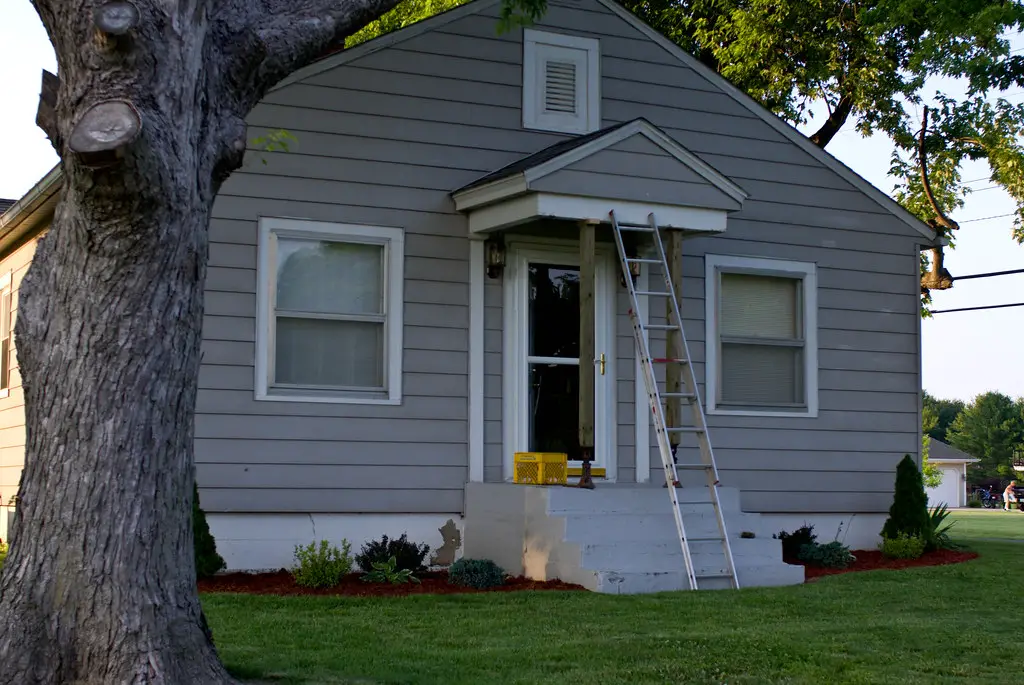
Some sellers think minor flaws are “no big deal,” but agents know that most buyers want move-in ready. You might think your unfinished basement or dated bathroom is an easy fix—buyers will see a project. Agents try to be optimistic, but they also know that deferred maintenance means lower offers.
They may say “it has potential,” but what they mean is “this will take time and money.” If you’re unwilling to negotiate, your house may linger on the market longer than you’d like.
13. You’re Not Listening

At the end of the day, agents want to sell your home—quickly and for a good price. But they’re often held back by clients who ignore advice, resist staging, or insist on unrealistic terms. Most won’t say this directly, but they vent to each other all the time. You might think you know your home best, but agents know what buyers actually want.
When they give suggestions, they’re pulling from real data and dozens (or hundreds) of past transactions. Ignoring their expertise can be the biggest deal-killer of all.
